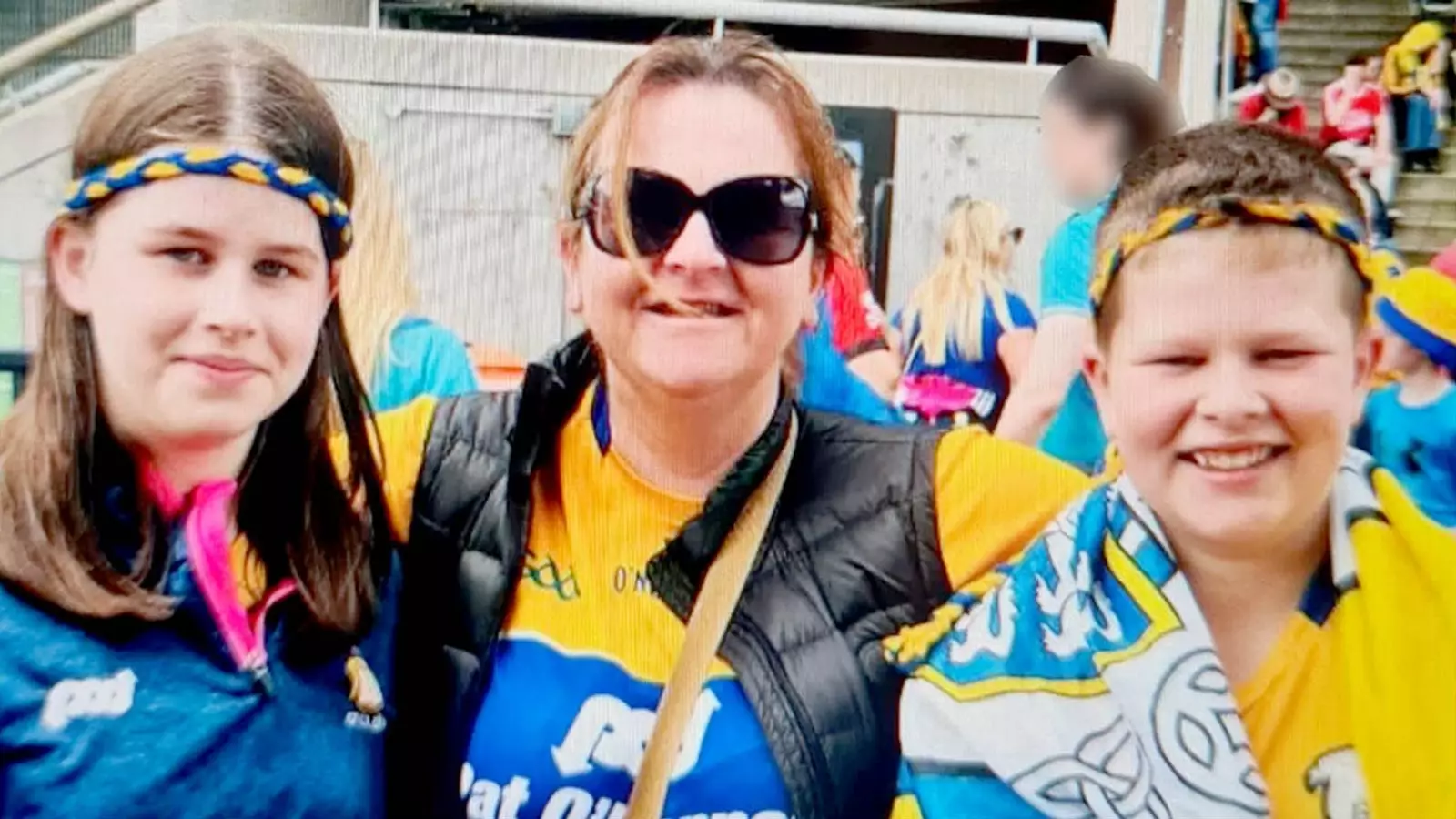In the quiet rural landscape of Fermanagh, a devastating act of violence shattered a community’s sense of peace. The deaths of Vanessa Whyte and her two young children, Sara and James Rutledge, in a shooting that also seriously injured a family member, expose the deep-seated vulnerabilities often concealed behind idyllic facades. This tragedy is not merely an isolated incident but a stark reminder of the underlying social cracks that persist in our society—cracks that are often ignored until they erupt in violence. As observers and society at large, it is crucial to recognize that such horrors speak to more than just immediate circumstances. They reflect systemic issues—mental health crises, economic hardships, and the failure to foster resilient communities—that demand our urgent attention.
Community’s Collective Wound
The impact on the local community runs deep. From heartfelt expressions of sorrow to the collective grief shared within the village of Maguiresbridge, the tragedy underscores how fragile social bonds can be shattered in moments of crisis. The victims—dedicated club members and lively children—embodied the vibrant spirit of their community. Their loss leaves a void felt sharply by neighbors, friends, and all who knew them. This incident lays bare the destructive power of unresolved societal issues, where despair and untreated trauma can escalate into violence. It is a stark call for society to not just mourn but to critically evaluate the conditions that leave individuals vulnerable—a call to bolster mental health resources and community support systems that are often insufficient.
The Role of Preventative Society
What stands out most glaringly is the apparent absence of effective preventative measures. The fact that a household tragedy could escalate to such a lethal outcome highlights systemic neglect. We live in a society that often reacts rather than prevents; mental health services are underfunded, social safety nets are fragile, and communities bereft of opportunities become breeding grounds for despair. It’s troubling that the investigation is focusing on potential motives, yet little is being said about the preventative societal structures that could have mitigated the circumstances leading here. As a society, we must question whether we are doing enough to address the root causes—whether through better mental health provision, community engagement, or conflict resolution—to prevent these tragedies from recurring.
The Moral Responsibility of Society
This incident also forces us to confront the collective moral responsibility we bear. The loss of young lives and family members should ignite a profound societal introspection rather than a superficial display of condolences. It’s not sufficient to merely mourn—instead, we need to demand systemic change. We must examine how social isolation, economic disparity, and mental health stigma contribute to such tragedies. Community-based initiatives, accessible mental health services, and stronger social safety nets are not luxuries but necessities in preventing future calamities. The tragedy in Fermanagh is a painful wake-up call that society cannot afford to ignore the warning signs—yet, historically, they are often overlooked until it’s too late.
Reimagining a Safer Society
Looking forward, the challenge lies in reimagining a society where tragedies like this do not become an inevitable consequence of neglect. It requires a compassionate yet pragmatic approach—one that prioritizes mental health, community resilience, and social equity. Only through sustained effort—more funding for mental health services, community engagement programs, and societal acknowledgment of vulnerability—can we hope to forge a future that shields its most fragile members from harm. The grief that ripples through Maguiresbridge should be a catalyst for change, a reminder that our collective well-being hinges on addressing the underlying issues that threaten to engulf us in violence.
This tragedy is unsettling, yes, because it confronts the uncomfortable truth that society must do more. It challenges the complacency that often cements social divides rather than healing them. While investigations continue and expressions of sympathy flow, the true task ahead is transforming mourning into actionable change—because no family, no community, should have to endure such heartbreak again.

